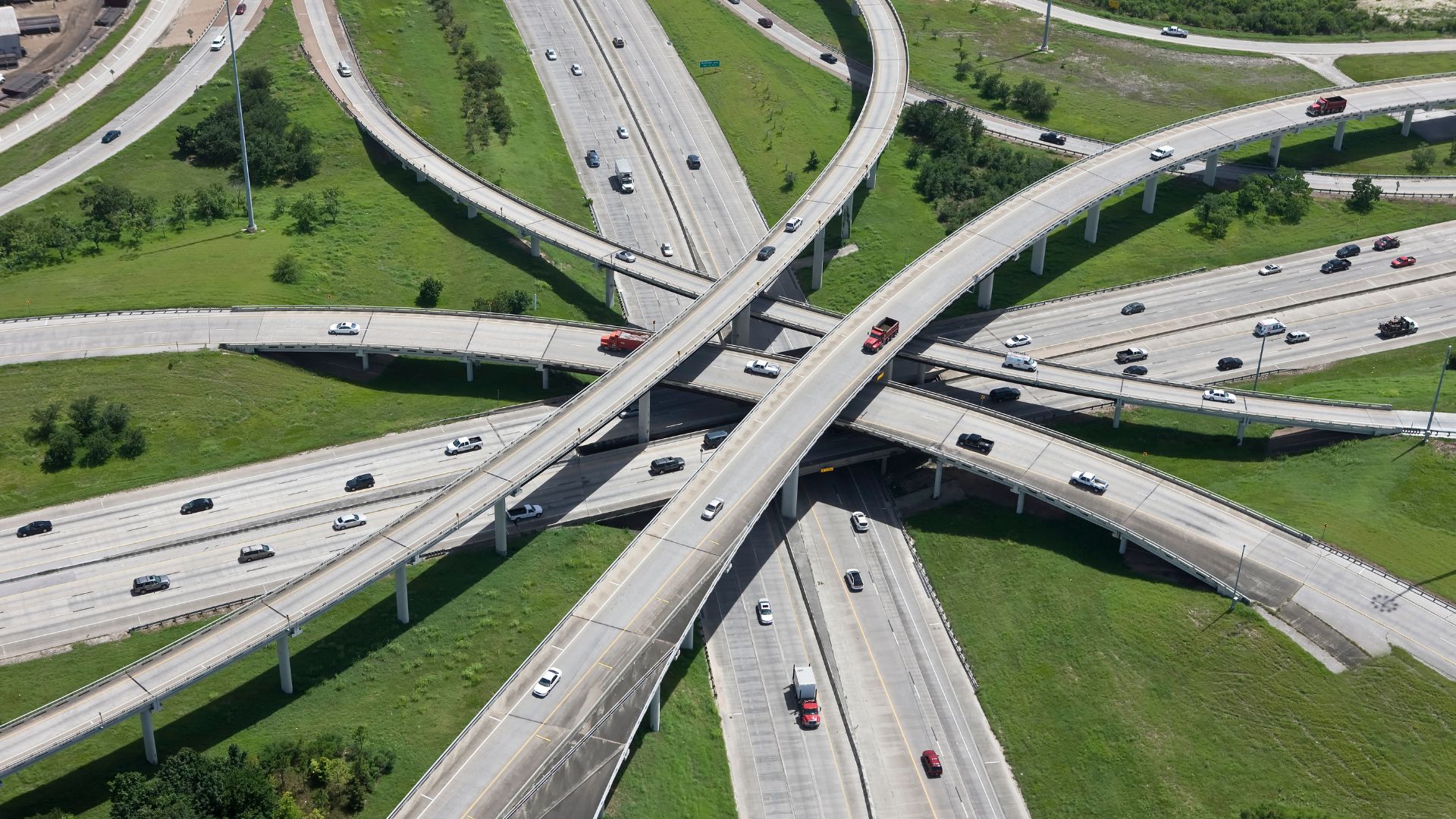Building Smarter Highways for Next-Generation Transportation

As transportation technology evolves, highways must adapt to support autonomous vehicles, electric cars, and connected infrastructure. Smart highways are being developed worldwide, integrating digital systems and renewable energy solutions to create safer, more efficient roads.

One of the most promising innovations in smart highways is dynamic wireless charging. Some roads in Sweden and the U.S. are testing inductive charging lanes that allow electric vehicles to charge as they drive, eliminating the need for long charging stops. This technology could significantly enhance the range and convenience of EVs.

Another major advancement is connected vehicle technology, which enables cars to communicate with road infrastructure and each other. Vehicle-to-Infrastructure (V2I) and Vehicle-to-Vehicle (V2V) communication can improve traffic flow, reduce accidents, and optimize speed limits based on real-time conditions.

Some smart highway projects also incorporate solar panels, smart LED lighting, and weather-responsive road surfaces. For instance, the Netherlands has experimented with glow-in-the-dark road markings that enhance visibility at night, reducing energy consumption from streetlights.

As cities embrace autonomous and electric transportation, building smarter highways will be essential to ensuring a seamless transition into the future of mobility. These innovations promise to enhance road safety, reduce emissions, and improve overall traffic efficiency.
